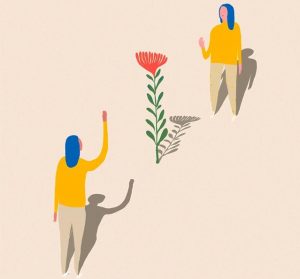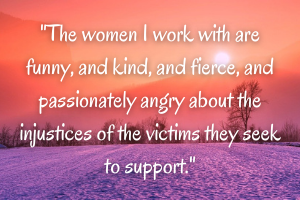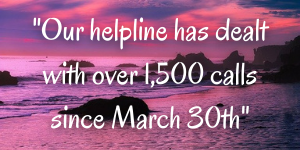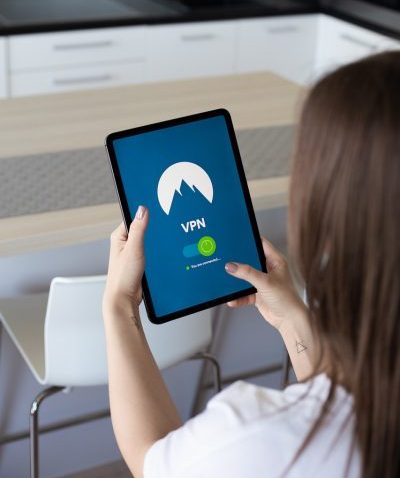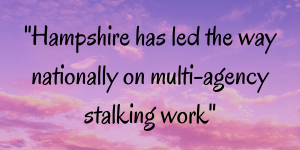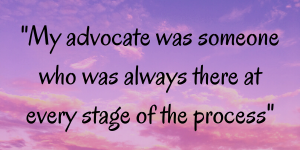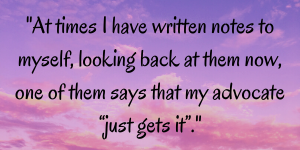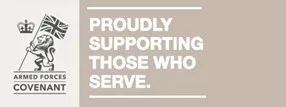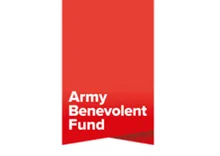In our current state of lock-down, it is increasingly important for us to look at the risks of cyber-stalking and cyber safety. With our access to the physical world restricted and more of our time being spent online, this article will look at how cyber-stalking fits within the broader topic of stalking, how to capture evidence and increase your safety online and where to seek help.
Aurora’s 24/7 helpline 02394 216 816
Understanding stalking
Stalking is a unique crime. It occurs outside of the context of a relationship, it is driven by the fixation and obsession of the stalker and each stalking incident is different. It is a long-term pattern of behaviour that can last for weeks, months or even years. The psychological impact of persistent stalking can be absolutely devastating.
Stalking legislation has been in place in England and Wales since 2012 and our laws outline examples of behaviours that we often see throughout stalking conduct. The behaviours include, but are not limited to, watching or spying on someone, following them, contacting them directly or via other people, loitering and interfering with property.
Whilst we often see digital and physical monitoring within abusive relationships, stalking occurs when there is no relationship, or after the end of a relationship, where one person does not want any form of contact and the other continues to impose it on them regardless.
Who are Stalkers?
A stalker could be an ex-partner, a previous friend, a colleague, a neighbour, an acquaintance or a stranger.
Stalkers are not a homogenous group, they are motivated to engage in a pattern of stalking conduct for a range of different reasons, including seeking reconciliation or revenge after the end of relationship, looking for romantic attachment, pursuing an imagined connection, or enacting revenge for seeming or actual injustice.
Within groups where there are similar motivations, we still see significant variation across stalkers, which is part of the reason that it is a unique crime and whilst we have legislation to investigate and prosecute stalking, we do not currently have a legal definition for stalking.
A definition of stalking
At Aurora, we use the definition from our colleagues at the Suzy Lamplugh Trust, who run the National Stalking Helpline:
“A pattern of fixated and obsessive behaviour which is repeated, persistent, intrusive and causes fear of violence or engenders alarm and distress in the victim.”

Is cyber-stalking different?
In most of the cases that are reviewed and referred into our Hampshire service, we see a combination of online and offline behaviours in stalking conduct.
Whilst the motivations are often the same on and offline and the legislation covers both, it can be useful to understand how people use technology and digital spaces as part of, or as their entire stalking conduct.
As we are currently in a state of lock-down, we are expecting to see an increase in the use of technology and digital spaces in stalking conduct.
At Aurora, we tend to think of access points. In brief, access points refer to the various ways in which people can find out information about us, both on and off line. As we live our lives between online and offline spaces, so it follows that if someone is fixated and obsessed with someone else, they will use a range of ways to impose unwanted contact on them, monitor or surveil them.
With offline, or physical, access points restricted and with our increasing use of social media to keep in contact with those we would often see face to face, we anticipate that there will be an increase in stalker’s use of tech and digital spaces.

Examples of Cyber-stalking
Some examples of how people can use online spaces as part of their conduct includes:
- Sending unwanted messages or emails
- Setting up multiple social media accounts to attempt to contact someone directly and/or contacting those close to them
- Setting up accounts pretending to be the person they are pursuing
- Setting up fake dating profiles to attempt to engage the other person in contact
- Joining similar interest groups online
- Installing spyware on devices to monitor their activity
- Posting private sexual images of the victim online
- Posting private contact information about the victim online, such as their address and phone number (known as doxing)
- Following public facing fitness tracking apps, such as strava or garmin connect
- Hacking into emails/icloud/google account to access information
- Hacking into accounts and changing passwords to restrict or prevent access

How do you capture evidence of cyber-stalking?
Keep a record of what is happening, including copies of all emails and messages, a timeline of the conduct and how it makes you feel. It may work for you to back emails and messages up by using Dropbox or setting up a completely separate, secure email address to forward information on to so that it is safely stored. You can take screenshots and store these too.
If you are concerned that someone has accessed a device, scan through and remove any unrecognised apps. Consider a factory reset of the phone. You may wish to back up personal files and photos to ensure that you will still have access to these, but ensure that anything that is backed up and reinstalled onto the device is subject to an anti-virus scan beforehand.
Further advice on how to do this can be found here.
What is the impact of stalking?
When we look at the impact of stalking in the public media, we have a tendency to focus on the risk of violence to victims. Whilst this is always a concern and something that we will always take seriously, we take equally seriously the risk that the stalking will continue and have a long-term detrimental impact on those it affects.
Persistent stalking, whether on or offline or whether or not there is no fear or threat of violence can lead to victims feeling trapped, isolated and hyper-vigilant. Many of the clients that we work with at Aurora talk about feeling paranoid and as if they are just waiting for the stalker to act again or appear out of nowhere. When someone is feeling this level of psychological torment and feel sure that it will never end, anything can trigger a fear response. There doesn’t need to be a threat or fear of violence for someone to feel utterly terrified. Furthermore, victims of stalking over long periods of time can report feeling numb or bored of what they’re going through, as if they are a burden on their friends and family, whom they talk to about their experiences, and often choose not to report to the police because they feel that they are wasting police time.
If I am being cyber-stalked, what can I do?
Aurora are here to support you if this is something that you are experiencing. Aurora New Dawn is a charity committed to ending violence against women and children, and putting a stop to hidden violence. We provide specialist services to ensure that you do not have to go through stalking alone. Aurora New Dawn is here to help you feel safe again.
To find out more about our services, click here.
How do you increase your safety online?
- Be aware of information available online – complete a search for yourself to see what comes up
- Make a list of all of your accounts and the information that you find about yourself, go through each one and check privacy settings, change your password, or delete the account
- Use a password manager – more information can be found here
- Set up two factor authentication for your accounts
- Set clear boundaries around information you want to share online
- Go through your friends and contacts on social media so that you are confident that you are only sharing information with people that you trust
- Be aware of information that others are sharing about you online (such as posting pictures on facebook and Instagram on public facing profiles that you are then tagged in)
- Install software updates as they become available on your devices
- Spyware can be difficult to detect on devices. Look out for any strange apps, a battery which rapidly deteriorates or be careful for any links that you may have opened in messages
- Install anti-virus, including on mobile devices
- Avoid the use of public WiFi. If you need to use it, consider installing a Virtual Private Network (VPN) – Find out how here.
Where can you get help?
Aurora have a helpline that is open 24/7 for victims of stalking and professionals working with victims of stalking in Hampshire. You can contact us at any time for advice or support on 02394 216 816.
The National Stalking Helpline are available for support and advice on stalking. More information can be found on their website.
The South East Regional Organised Crime Unit have some really useful resources on staying safe online click here for more information.
Useful information
Aurora’s 24/7 helpline 02394 216 816
Next step…
Do you want to get in touch with us?
Want to know more about our stalking service?
Want to donate to our cause? 💜

